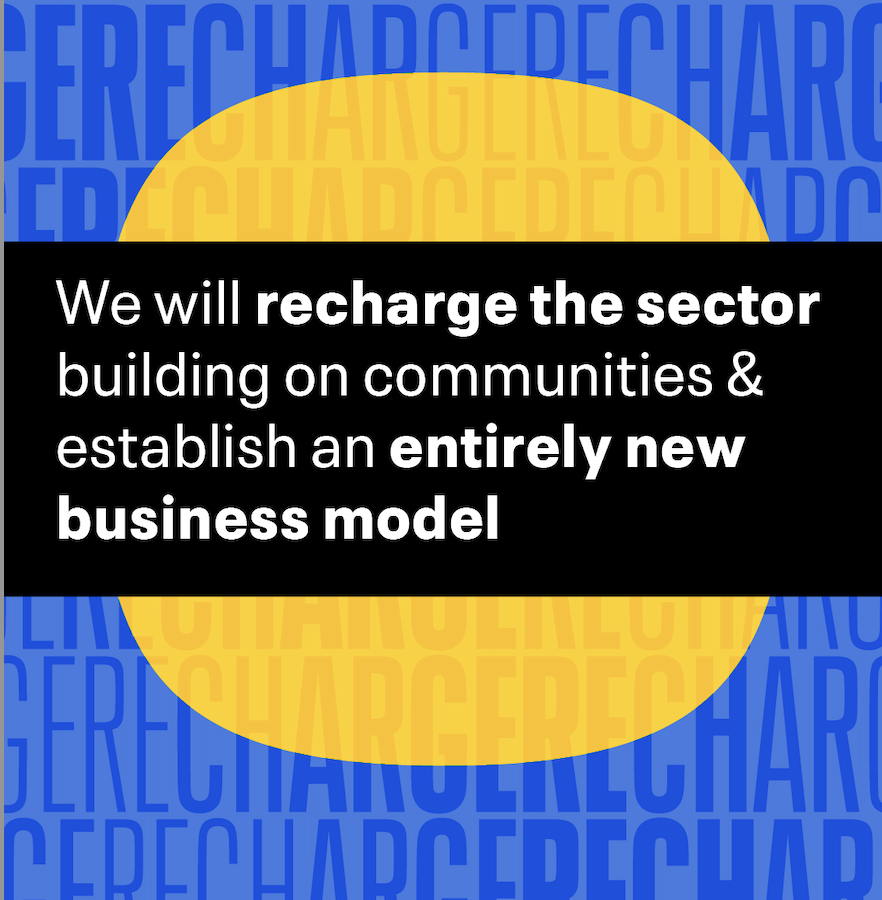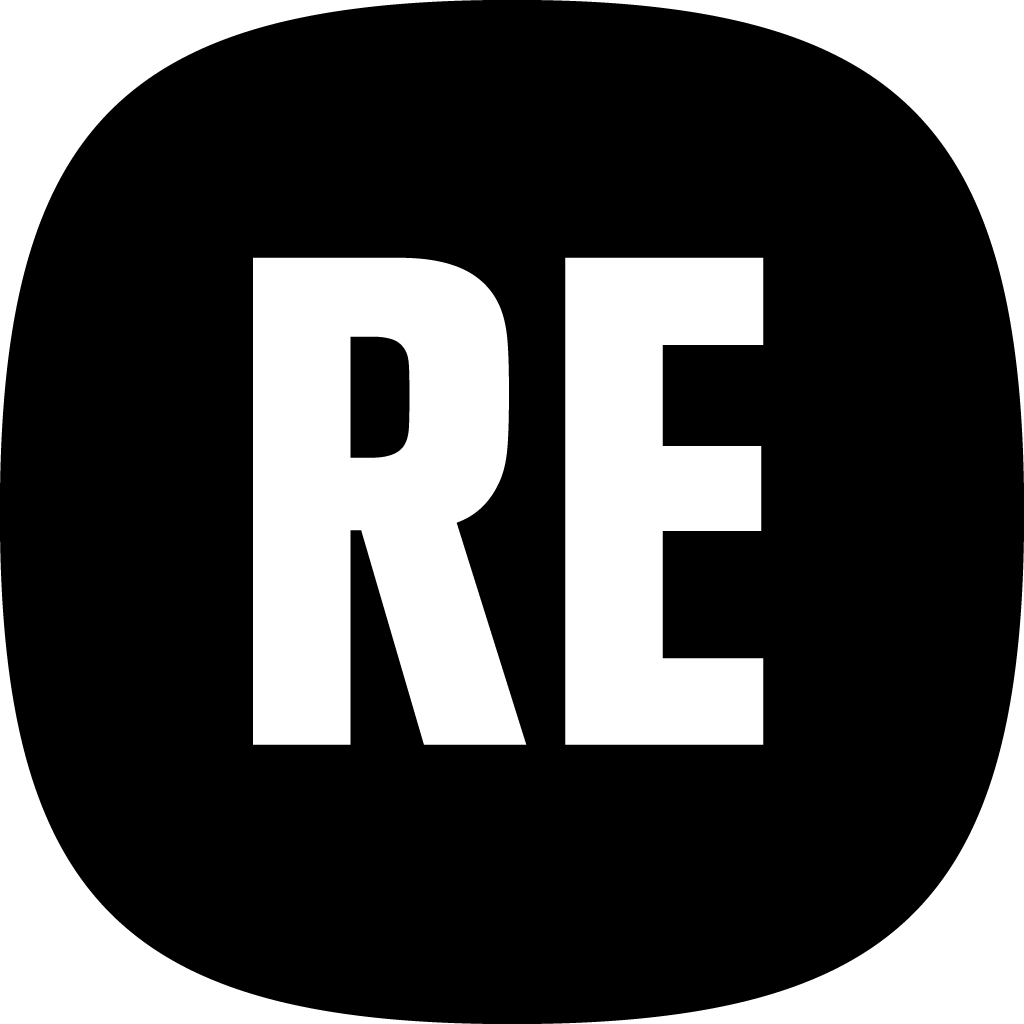RE-THINK - Who’s afraid of Business Models? Why are we reluctant to talk about business in the cultural sector?
RECHARGE stemmed out from an urgency: understanding how business models can be developed that fit the cultural heritage sector, to help CH institutions shape their activities and plans to retain their central role for the social and cultural life of global and local communities. For that to happen, the concept of ‘business model’ needed to be understood and embraced.
As we started brainstorming, the conversations within the consortium and also with other professionals in the sector made clear how there is reluctance to use the expression ‘business models’. But why is that? All eyes are on one specific term: ‘business’ is perceived to be clashing with how people - participants, communities, or ‘the public’ - interpret the role and values of cultural heritage institutions.
This is true for the general public, but also professionals find it hard to understand why we should talk about business when we deal with culture: for instance, when we introduced the RECHARGE project to colleagues, especially those that work in the context of community participation, the feedback was that business models recall a top-down, hierarchical approach that does not capture the growing focus on collaboration, inclusivity and participation in the Culture 3.0 model.
So now, we are curious to investigate the historical, social and systemic reasons why business models in CH are such a taboo. Research and a review of the literature on the topic are being conducted precisely to fulfil our curiosity and share our findings with the wider CH community.
It is indeed, hard to understand what to do (and what to prioritise) to actually develop a viable model in cultural heritage and communicate it with the right words. Looking for instance at the Business Model innovation Cultural Heritage, published by the DEN Foundation Knowledgeland and the Dutch Ministry of Education, Culture and Science in 2010, here business models are connected to a rather difficult but necessary change, related to technological advancements and the need for a new digital infrastructure to shake up the way institutions managed their collections - and most importantly their interactions with the public. Think for instance of the change in museum websites, which showcase the collections in attractive ways and increasingly allow people to engage and contribute their own content or comments. If it is expensive to make, why give it away for free? An innovative business model may provide a new perspective to the value generated - particularly for participants interacting, and perhaps even a way of capturing a return, in the form of revenues, reach, or reputation. Alternatively, the museum that allows you to select your favourite image to be printed in any size you want or in any object you choose: this too can be considered an innovation in the business model.
The traditional roles of museums and cultural institutions are generally associated with conservation, exhibitions, research, education, and other social purposes alike. Recently, ICOM approved a new definition:
“A museum is a not-for-profit, permanent institution in the service of society that researches, collects, conserves, interprets and exhibits tangible and intangible heritage. Open to the public, accessible and inclusive, museums foster diversity and sustainability. They operate and communicate ethically, professionally and with the participation of communities, offering varied experiences for education, enjoyment, reflection and knowledge sharing.”
One reason why Cultural Heritage Institutions may be reluctant to use the word ‘business’ in a sentence is because of its association with money, profit, competition, and financial gain. These words can be linked with unpleasant experiences where a seller may take advantage of a buyer. Exchange does not have to be unfair. We all need to buy things that we cannot make ourselves and we all need to make a living. The partners in RECHARGE want to work on the ability of institutions to develop a solid plan to ensure their future, ideally in collaboration with local communities and makers. We want to help CHIs to develop a sustainable ‘business model’ and apply to their institutions all the benefits of a well structured business that create value beyond the financial baseline. We see ‘business’ as linked to ‘sustainability’.
So, how can we change the mindsets of those who fear business models and get to a more inclusive and fair consideration of the financial and business needs of cultural institutions? In this sense, we believe that participation is the keyword to help us individuate sustainable business models for the sector. RECHARGE will produce resources and guidance on how to frame these business models and make them adjustable and replicable on a case-to-case basis. So, stay tuned for more definitions and activities to reinvigorate the sector and make it future-proof.


Share